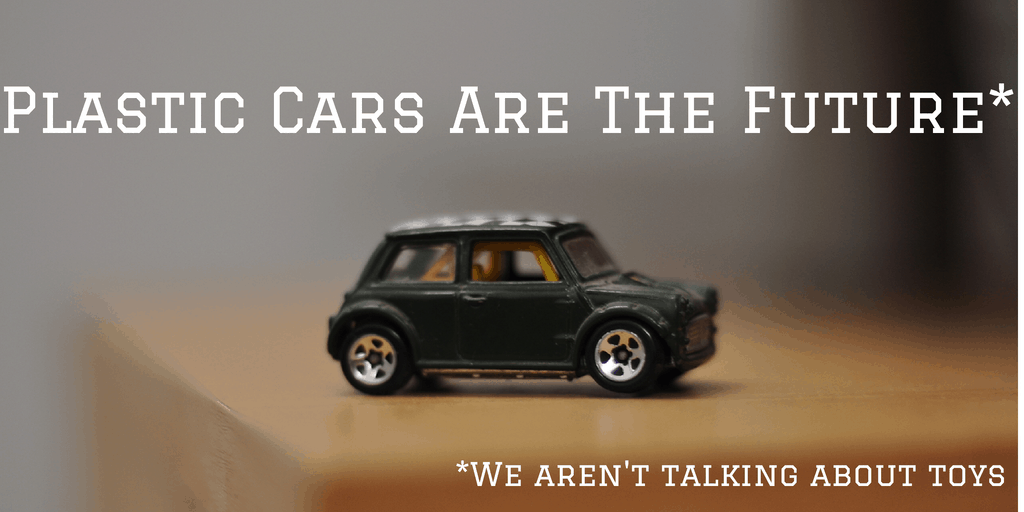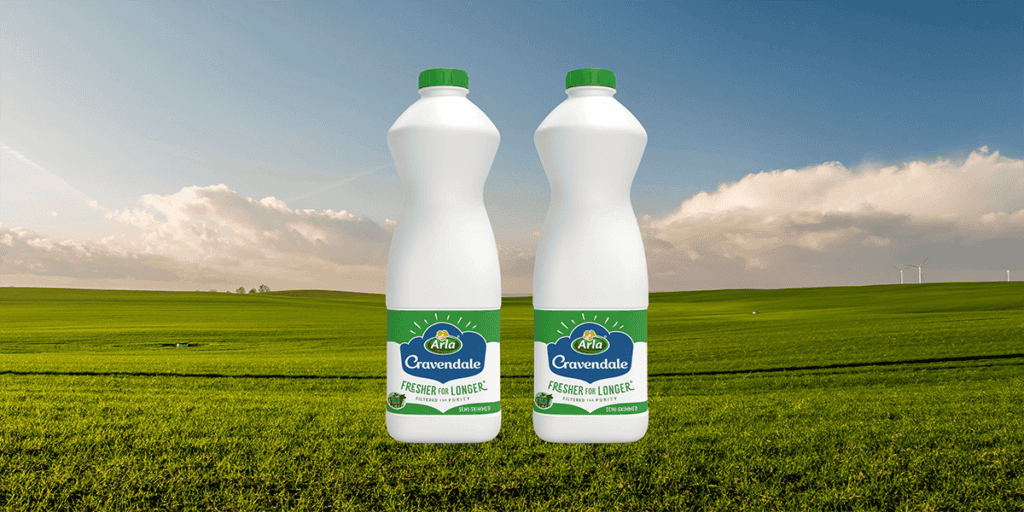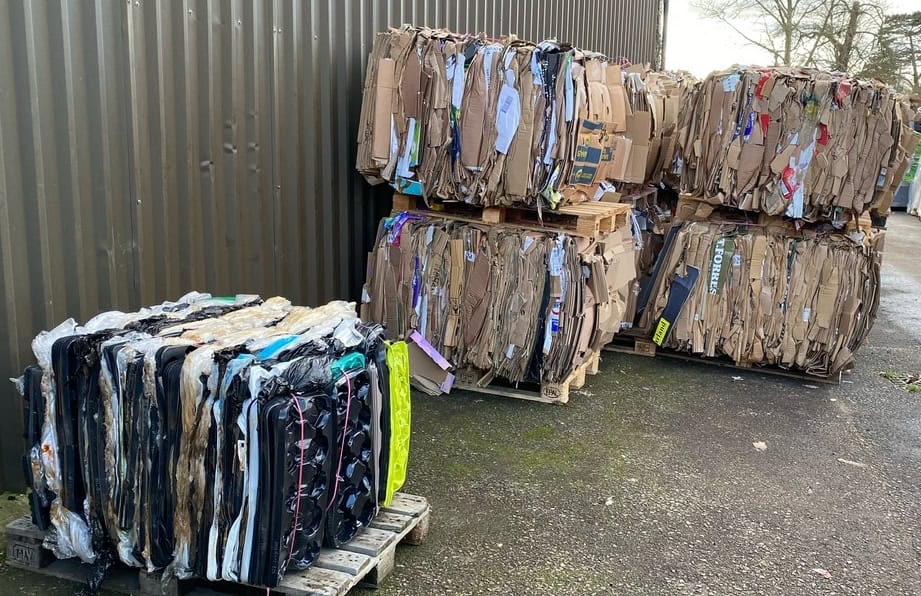I’ll state now that I don’t have an all-seeing future-showing telescope. Despite that, I have a pretty good feeling that the future of car manufacturing will rely heavily on plastic.
Quick re-cap
A few weeks ago you may have seen our article about the Trabant and the Cactus. If you didn’t, the Trabant was an East German car model with a whopping top speed of 65mph. It was interesting because it was made of Duroplast, which is like the old-school version of fibreglass. The Citroen C4 Cactus is a new model of car with panels made from, deep breath, ThermoPastic Polyurethane (TPU). The panels are scratch proof, and contain air capsules that make it impact resistant (within reason).
So, that’s the past and present, but I’m keen to talk about the future. To do that, I’m going to have to confuse you, and talk about the present a bit more. Stay with me.
Tata Nano
In 2009, Tata Motors, India’s largest automobile manufacturer released a car called the Tata Nano. You may have heard of it described as ‘The world’s cheapest car’, as it was due to be sold for less than half the price of a ‘fancy metal car’. I remember sitting in my dad’s Renault Megane, the 5 star NCAP safety rated ‘safest car on the road’ and listening to him tell me about this Indian car of the future. He was telling me how they would have to strip any sort of luxury from the car to sell it at the quoted price. He told me it probably wouldn’t have a radio, or comfy chairs and something along the lines of ‘do you know how much seatbelts cost nowadays?’
In reality, it wasn’t the lack of luxuries that led the car to failure, in fact, the car’s descent into the abyss was due to the price being ‘too cheap’. Tata Motors had their best luck making buses and trains, so trying to do something ingenious with a car was always going to be a risk. Sadly, the associations of being the world’s cheapest car has only served to make the car seem fragile and fallible. In fact, the car actually is fragile and also flammable. When the car was released, there were so many reports of the car catching fire that the exciting phrase ‘Nano Fireball’ was coined. Not exciting if you drive one though, bare in mind. In regards to vehicle plastic recycling, we can’t confirm whether a half-melted Nano would be recycled or not.
Check out this shocking footage of a safety test.
Learn for the future
Malcom X once said “Education is the passport to the future, for tomorrow belongs to those who prepare for it today.” Essentially, mistakes of the past need to be learned from, so that we can move forward into the future. 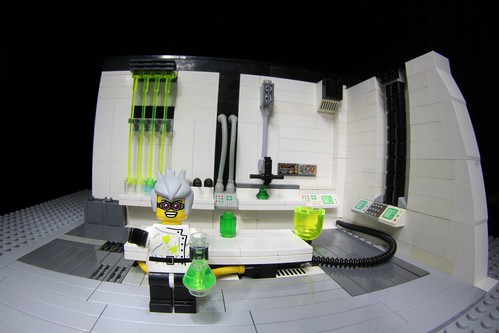
People want sustainability in many walks of life, and when buying a car, a new owner wants something that will be durable, reliable and attractive over time. Innovations are coming through all the time, literally each week a white lab coat punches the air in joy at a new discovery. Bioplastics are the future for cars, and they are going to make vehicle plastic recycling so much easier. It was discovered that the biomass of seaweed makes it suitable for bioplastic design, which means that it will be biodegradable. Rumour has it Toyota are working on a car partially made form a seaweed bioplastic.
Do you agree that the future of cars lies in plastic technologies?
Here are five reasons that cars in the future should be made of plastic.
Environmentally Friendly
With plastic cars being considerably lighter, the fuel efficiency rating is substantially higher. When you combine this with the vehicle plastic recycling benefits or the possibility of biodegradable plastics, the picture begins to look even greener. The designs will also allow for more aerodynamic possibilities, which also increases fuel efficiency and help to reduce the carbon footprint.
Attention to detail
The difference between moulding metal and plastic is incredible, the way that plastic fits into moulds and can be warped with fine detail is brilliant, 3D printers supposedly make a hard tasks quite simple. 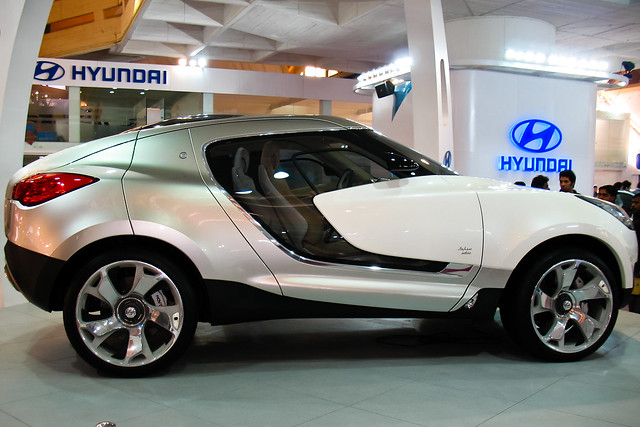
Strength
Metal, as impressive and versatile as it is, is not always the strongest option. Plastic technologies allow for intricate plastic designs within panels, with these webs of plastic and air pockets increasing the damage and shock that can be absorbed on impact. Consider also the types of plastics with a rubbery texture, they also deal better on impact than metal, which has a tendency to fold in on itself.
Durable
Some plastics, as well as being supposedly stronger, are longer lasting. Plastic, once created, will always exist, and that can almost be true for plastic cars. Plastic wont rust, and it can also be scratch-proof so it’s far less likely for the car to deteriorate over time. Car junkyards could really be a thing of the past, and there would be less automobile waste entering landfills.
Progression
When we work with new technologies, we move forward; this can be seen by the way that technology has developed over the last 50 years. Computer technology can do incredible things, and with scientists saying that cars can be stronger, more fuel efficient, recyclable and potentially cheaper, it’s worth investing. Combine the plastic technologies with cars run on renewable energy and we can begin to forget the pollution caused by petrol engines.

